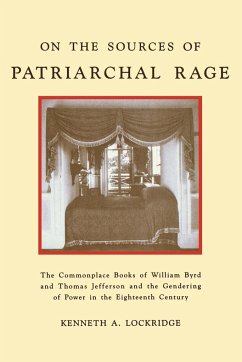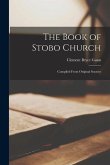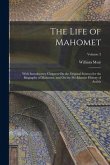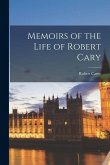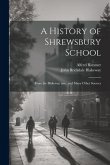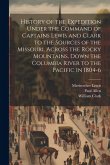Two of the greatest Virginia gentlemen of the eighteenth century, William Byrd II and Thomas Jefferson, broke the genteel rules of the commonplace book - a place where gentlemen were to collect wisdom from their readings, recorded in variety and with detachment - each to assemble a prolonged series of quotations laden with fear and hatred of women. These books are witnesses to the events in which two men assembled their culture, literally enacted or embodied it in these books of themselves, on the issue of gender. The books are simultaneously confessionals. They are confessionals of intense personal crises of gender relations. Were these outbursts meaningless and isolated incidents, or were they rare revelations of the pressures on such gentlemen to maintain patriarchal control? Kenneth Lockridge leads us on an exploration of the possible structures, contexts and significances of these great mythmakers' misogynistic moments. Each outburst draws upon a kind of "misogynistic reserve" available in the continental and English intellectual traditions, but each also twists and re-contexts less misogynistic excerpts to intensified effect. From the interplay of intellectual traditions, personal re-contextings, and the circumstances of each man's life and later behavior, arises the possibility that one or more specific "politics of misogyny" is at work here, and that these reenactments of culture are redolent of the stresses on the male subject in the eighteenth century in general and among Virginia gentry in particular. The essay is an opening of these texts only, and a reflection on their possible meanings in the wider contexts of gender and power in the eighteenth century. That rage waspresent seems clear; but its meanings - here suggestively explored - must remain contestable.
Hinweis: Dieser Artikel kann nur an eine deutsche Lieferadresse ausgeliefert werden.
Hinweis: Dieser Artikel kann nur an eine deutsche Lieferadresse ausgeliefert werden.

